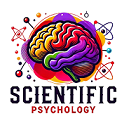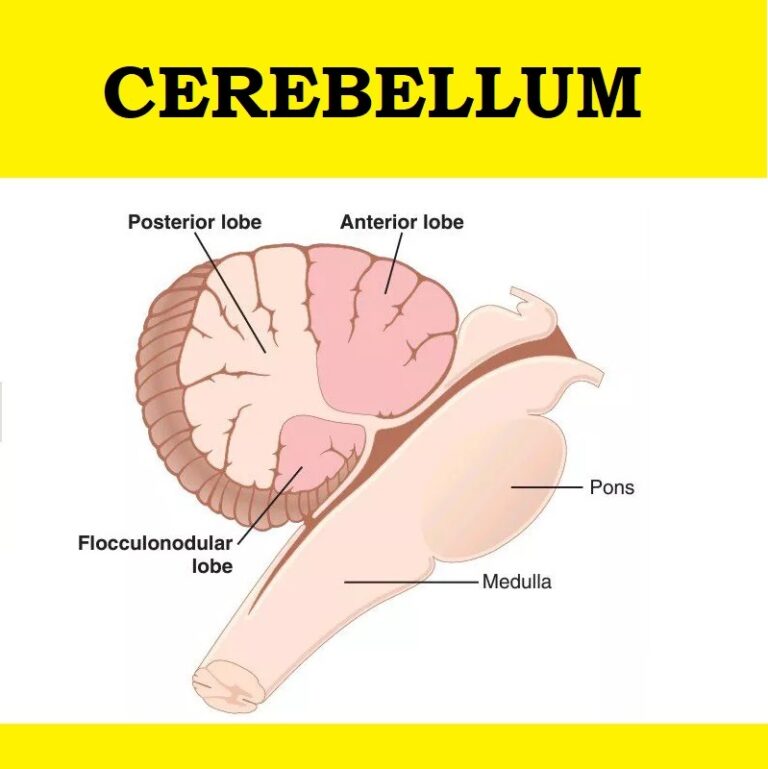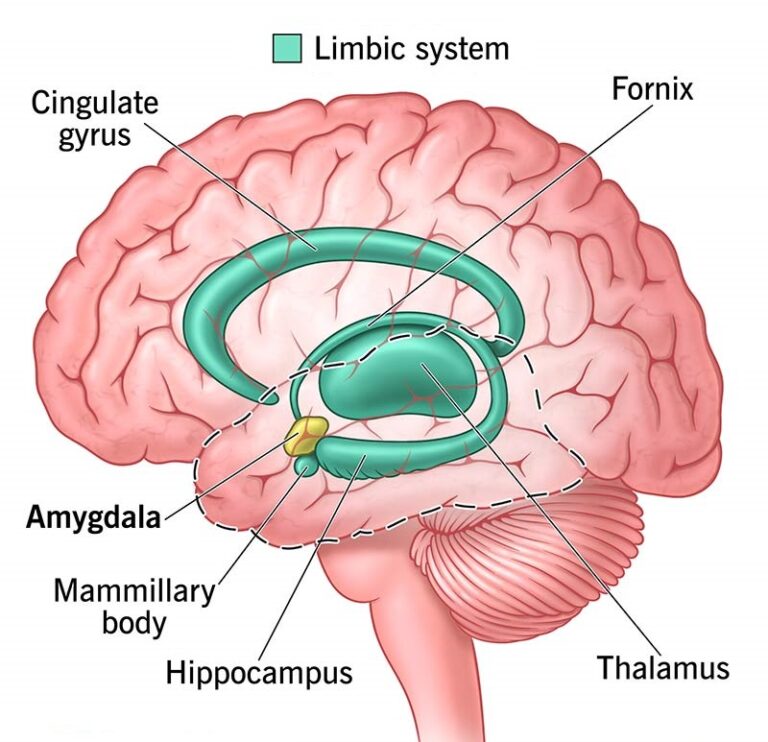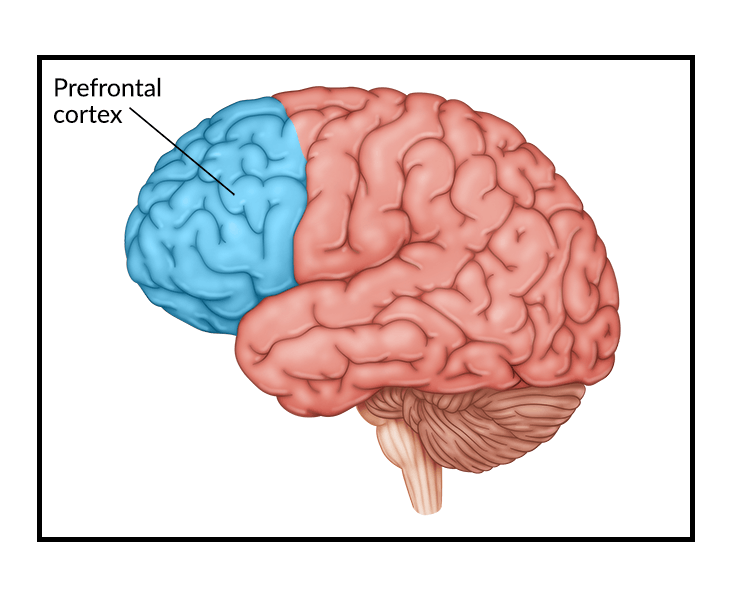
Applications of Psychological Testing in Counseling
Psychological testing is a cornerstone of counseling practice, enabling counselors to assess clients’ cognitive, emotional, and behavioral functioning systematically. These tests facilitate accurate diagnosis, guide interventions, and monitor therapeutic progress.
1. Applications in Counseling
1.1 Assessing Mental Health
Psychological testing helps counselors identify underlying mental health issues such as anxiety, depression, PTSD, or personality disorders. Tools like the Beck Depression Inventory (BDI) or the Minnesota Multiphasic Personality Inventory (MMPI-2) are frequently used in clinical counseling.
Example: A client reports feelings of persistent sadness and hopelessness. The counselor administers the BDI-II, which indicates moderate depression (score: 25). Based on these results, a treatment plan involving cognitive-behavioral therapy (CBT) is initiated.
Scenario: In a counseling center for trauma survivors, the MMPI-2 is used to identify post-traumatic stress symptoms, aiding in tailoring specific therapies like Eye Movement Desensitization and Reprocessing (EMDR).
Table: Common Psychological Tests in Mental Health Counseling
| Test | Purpose | Scoring | Use Case |
|---|---|---|---|
| Beck Depression Inventory | Measures severity of depression | 0-63 (higher = severe) | Identifying depression severity for CBT planning |
| MMPI-2 | Diagnoses personality disorders | Multiple scales | Evaluating complex personality or mood disorders |
Research Finding: Studies by Butcher et al. (2001) demonstrated the reliability of the MMPI-2 in detecting mood and personality disorders, making it a valuable tool in clinical counseling.
1.2 Career Counseling
In career counseling, psychological tests assess clients’ interests, aptitudes, and personality traits to align them with suitable career paths.
Example: A high school student uncertain about career choices completes the Strong Interest Inventory (SII), which identifies high interest in investigative and realistic fields. The counselor recommends exploring careers in engineering or data analytics.
Scenario: A mid-career professional experiencing job dissatisfaction takes Holland’s Self-Directed Search (SDS). The results suggest a mismatch between their current job (conventional type) and their personality type (artistic). The counselor advises exploring creative roles.
Table: Tools for Career Counseling
| Test | Purpose | Insights Provided |
|---|---|---|
| Strong Interest Inventory | Measures vocational interests | Identifies fields aligned with interests |
| Self-Directed Search | Matches personality with careers | Suggests careers matching personality type |
Research Finding: Holland’s theory (1997) found that individuals whose career environments align with their personality types report higher job satisfaction and career success.
1.3 Relationship Counseling
Psychological testing helps in assessing relationship dynamics, communication patterns, and individual personality traits affecting relationships. Tools like the Dyadic Adjustment Scale (DAS) and Gottman Relationship Checkup are used.
Example: A couple reports frequent conflicts. The counselor administers the DAS, which shows low scores in the areas of affection and communication. The couple is then guided through interventions focused on improving communication skills.
Scenario: A premarital counseling session uses the PREPARE/ENRICH assessment to identify potential areas of conflict, such as financial planning and parenting, enabling couples to address these issues before marriage.
Table: Tools in Relationship Counseling
| Test | Purpose | Use Case |
|---|---|---|
| Dyadic Adjustment Scale | Measures satisfaction in relationships | Identifying relationship strengths/weaknesses |
| PREPARE/ENRICH Assessment | Assesses compatibility | Premarital counseling |
Research Finding: Research by Spanier (1976) highlighted the validity of the DAS in predicting relationship stability and satisfaction.
1.4 Substance Abuse Counseling
Psychological testing identifies the severity of substance use and its impact on functioning. Tools like the Addiction Severity Index (ASI) and Substance Abuse Subtle Screening Inventory (SASSI) are common.
Example: A client seeking help for alcohol addiction is administered the ASI, which reveals significant interference in family and work domains. The counselor develops a recovery plan incorporating family therapy and vocational training.
Scenario: In a rehabilitation center, the SASSI-4 identifies a client’s defensive tendencies and high probability of substance dependency, guiding the counselor toward motivational interviewing techniques.
2. Strengths and Benefits
2.1 Objective Data for Counseling
Psychological tests provide objective and quantifiable data, reducing the reliance on subjective impressions.
2.2 Personalized Interventions
Test results allow counselors to design interventions tailored to individual needs, enhancing treatment efficacy.
2.3 Monitoring Progress
Repeated testing during therapy helps track improvements and adjust interventions as necessary.
3. Ethical and Practical Considerations
3.1 Informed Consent
Clients must be informed about the purpose and scope of the tests, ensuring voluntary participation.
3.2 Cultural Sensitivity
Tests should be free from cultural and language biases to ensure validity across diverse populations.
3.3 Test Security
Counselors must ensure the confidentiality of test results and interpretations.
Example of Ethical Dilemma: A counselor inappropriately uses test results for non-therapeutic purposes, violating confidentiality agreements.
4. Challenges and Limitations
4.1 Over-reliance on Test Results
Excessive dependence on test scores may overlook clients’ subjective experiences.
4.2 Cultural and Socioeconomic Bias
Many standardized tests are normed on Western populations, limiting their applicability in other cultural contexts.
4.3 Cost and Accessibility
High costs of psychological testing can restrict access for underserved populations.
Conclusion
Psychological testing in counseling is a powerful tool that enhances diagnostic accuracy, intervention planning, and therapeutic outcomes. However, its effectiveness depends on proper administration, cultural sensitivity, and ethical practice. By addressing challenges like bias and cost, psychological testing can become a more inclusive and impactful aspect of counseling.
References
- Butcher, J. N., Graham, J. R., Ben-Porath, Y. S., Tellegen, A., & Dahlstrom, W. G. (2001). MMPI-2: Manual for administration, scoring, and interpretation. University of Minnesota Press.
- Holland, J. L. (1997). Making Vocational Choices: A Theory of Vocational Personalities and Work Environments. Psychological Assessment Resources.
- Spanier, G. B. (1976). Measuring dyadic adjustment: New scales for assessing the quality of marriage and similar dyads. Journal of Marriage and Family, 38(1), 15-28.







